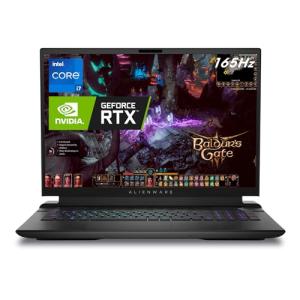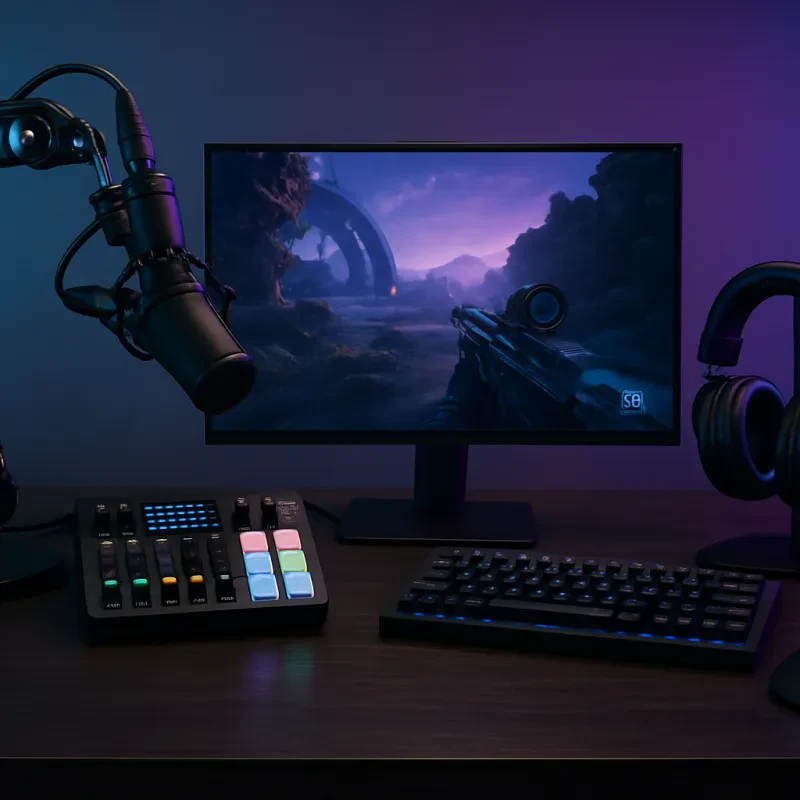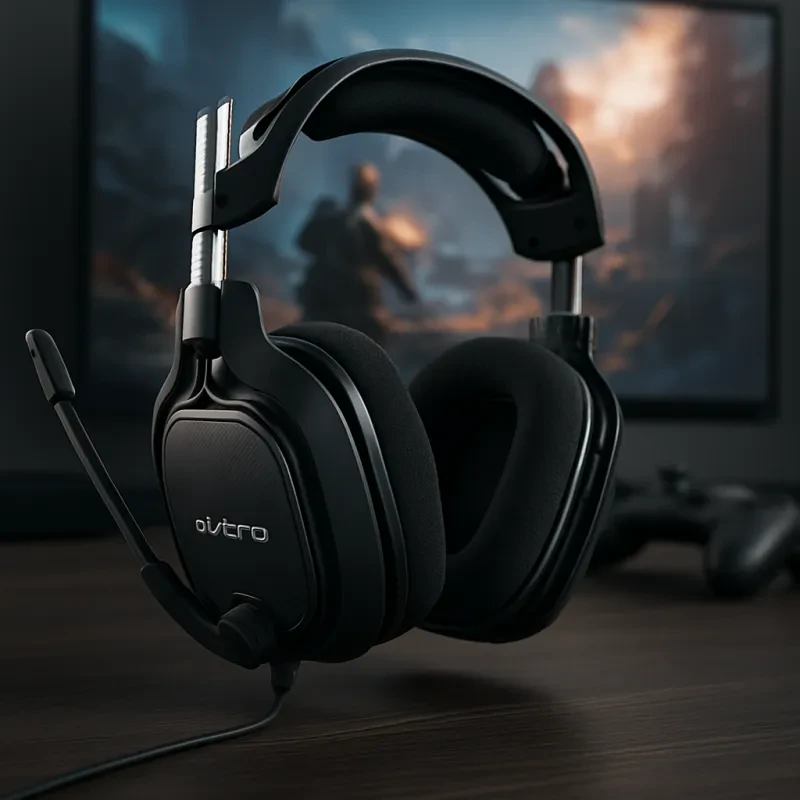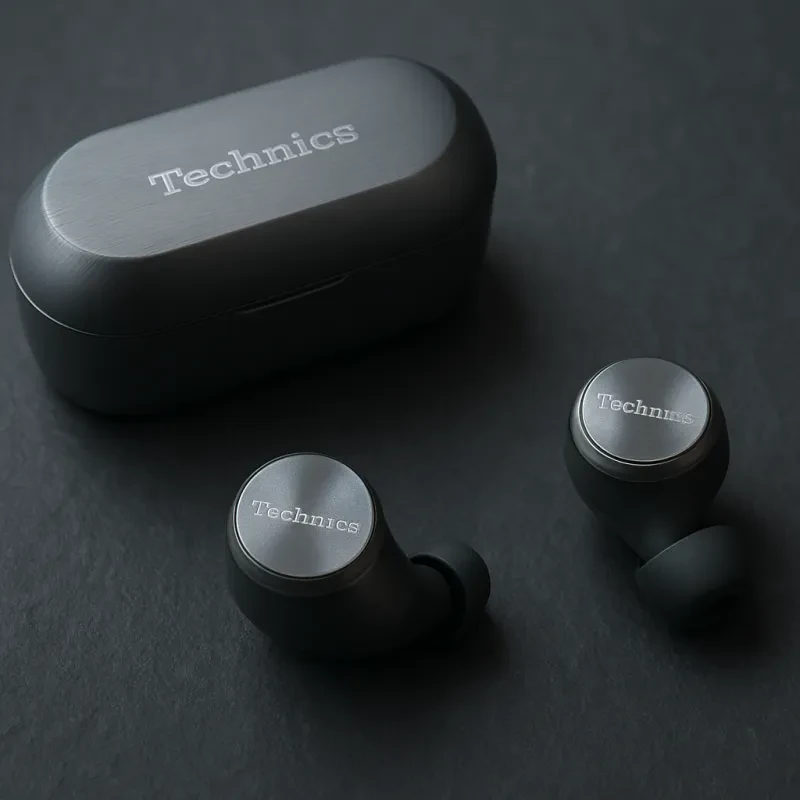Choosing the right gaming laptop can be a daunting task, especially for beginners. With so many options on the market, it’s easy to get overwhelmed. However, if you focus on a few key features—such as hard disk space, RAM, graphics card, display, headset, and keyboard—you can make an informed decision and get the best gaming experience for your budget and needs. Here's a breakdown of the essential features you should consider when selecting a gaming laptop.
1. Processor (CPU): The Brain of Your Laptop
While not listed in your request, the processor (CPU) is crucial to any gaming laptop. For a smooth gaming experience, opt for laptops with at least an Intel Core i5 or AMD Ryzen 5 processor. If you're planning to play more demanding games, you might want to look for an Intel Core i7 or Ryzen 7. These processors will provide faster load times and more efficient multitasking.
2. Hard Disk Space (Storage)
When it comes to storage, you have two main options: Hard Disk Drives (HDD) and Solid State Drives (SSD).
-
SSD (Solid State Drive): SSDs are the preferred choice for gaming laptops. They are significantly faster than HDDs, providing quicker load times and overall better performance. Games load faster, and your system boots up in seconds. A 512GB SSD is a good starting point, but if you plan to store many games, aim for 1TB or higher.
-
HDD (Hard Disk Drive): While HDDs provide more storage for the price, they are slower, which can lead to longer loading times. Some gaming laptops offer a combination of both, with a smaller SSD for the operating system and essential apps, and a larger HDD for game storage.
3. RAM (Random Access Memory)
RAM is one of the most crucial components for gaming. The more RAM you have, the better your laptop will handle multitasking and memory-heavy applications like games.
-
For beginners, 8GB of RAM is the minimum recommended amount. This should suffice for most modern games at medium settings.
-
If you want better performance or plan to play more demanding titles, look for 16GB of RAM. This will allow your laptop to handle high-end games, multitasking, and even content creation tasks (video editing, streaming, etc.) with ease.
4. Graphics Card (GPU)
The graphics card (GPU) is the most important feature when it comes to gaming performance. A powerful GPU ensures smooth gameplay and high-quality graphics.
-
NVIDIA GeForce GTX or RTX series (such as the 1650, 1660, RTX 3050, or RTX 3060) are great options for beginner gamers. These GPUs will handle most games at medium to high settings.
-
AMD Radeon GPUs are another viable option. The Radeon RX 5000 series or Radeon RX 6000 series is a solid choice for entry-level gaming laptops.
If you plan on gaming at 1080p or higher, aim for at least a GTX 1650 or RTX 3050. If your budget allows, an RTX 3060 will provide better performance for future-proofing.
5. Display Monitor
The display is one of the most important aspects of your gaming experience. The screen size, resolution, and refresh rate all contribute to how well your games look and feel.
-
Size: Most gaming laptops have screen sizes between 15.6 inches and 17.3 inches. A 15.6-inch screen strikes a good balance between portability and immersion. Larger screens offer more real estate but may be heavier and less portable.
-
Resolution: Aim for 1080p (Full HD) resolution for the best balance of visual clarity and performance. While 4K displays exist, they are generally not necessary for beginners, and the higher resolution demands much more from your GPU.
-
Refresh Rate: This refers to how many frames per second the display can show. A 60Hz refresh rate is fine for casual gaming, but for a smoother experience, look for displays with at least 120Hz or even 144Hz. Higher refresh rates (e.g., 240Hz) are ideal for fast-paced games like FPS (First-Person Shooters), but they often come at a higher price.
6. Keyboard
A responsive and comfortable keyboard can make a big difference in your gaming experience. Look for these features:
-
Key Travel & Actuation: Gaming keyboards often feature mechanical keys with responsive feedback. While membrane keyboards are common in budget laptops, mechanical keyboards are preferred by serious gamers for their faster actuation and tactile feedback.
-
Backlighting: Many gaming laptops come with RGB backlit keyboards, which not only look cool but can also help in low-light environments. If aesthetics matter to you, this can be a fun feature, but it’s not crucial for performance.
-
Key Rollover & Anti-Ghosting: If you play fast-paced games, look for a keyboard with N-Key rollover and Anti-Ghosting technology. This allows multiple keys to be pressed simultaneously without any issues, which is especially important for gaming.
7. Headset and Audio
Good audio is essential for an immersive gaming experience. While most gaming laptops come with built-in speakers, investing in a gaming headset will elevate your gameplay with better sound quality and communication in multiplayer games.
-
Look for a headset with surround sound capabilities (such as 7.1 virtual surround sound) for a more immersive experience.
-
Comfort is key, so choose a headset with adjustable headbands and padded ear cups.
-
A noise-canceling microphone is also a good feature if you plan to chat with friends during online games.
8. Battery Life
While gaming laptops are typically not known for long battery life (especially under load), it’s still worth considering. Gaming on battery power will drain it quickly, but a good gaming laptop should at least give you 3-5 hours of usage under light tasks like web browsing or watching videos.
For more intense gaming, expect shorter battery life—around 1-2 hours. So, always keep your charger handy during long gaming sessions.
9. Portability & Build Quality
Gaming laptops are usually on the bulkier side due to their high-performance components, but some models aim to balance power with portability. Look for a laptop that weighs less than 5.5 lbs if you want something easy to carry.
Also, consider build quality. A sturdy aluminum chassis is preferable to plastic, as it can withstand the wear and tear of travel.
Conclusion
Choosing a gaming laptop for beginners doesn’t have to be overwhelming. Focus on the most important features—storage, RAM, GPU, display, keyboard, and headset—and align them with your gaming preferences and budget. Always ensure that your laptop has a solid CPU and GPU combination, as this will determine how well it can run the games you enjoy.
Lastly, keep in mind that gaming laptops are an investment. While it’s tempting to go for the cheapest option, paying a little more for quality components will give you a better experience in the long run, allowing you to enjoy a wider variety of games and ensure your laptop remains relevant for several years to come.
By understanding these key features and knowing your preferences, you'll be able to pick a gaming laptop that offers both performance and fun. Happy gaming!
Alienware M18 Gaming Laptop QHD+ Display, Intel Core i7-13700HX, 16 GB DDR5 RAM, 1 TB SSD, NVIDIA GeForce RTX 4070 8 GB GDDR6, Windows 11 Home, 1 Year Premium Support, Dark Metallic Moon.
Product information
$2,256.78
Product Review Score
4.92 out of 5 stars
195 reviews



